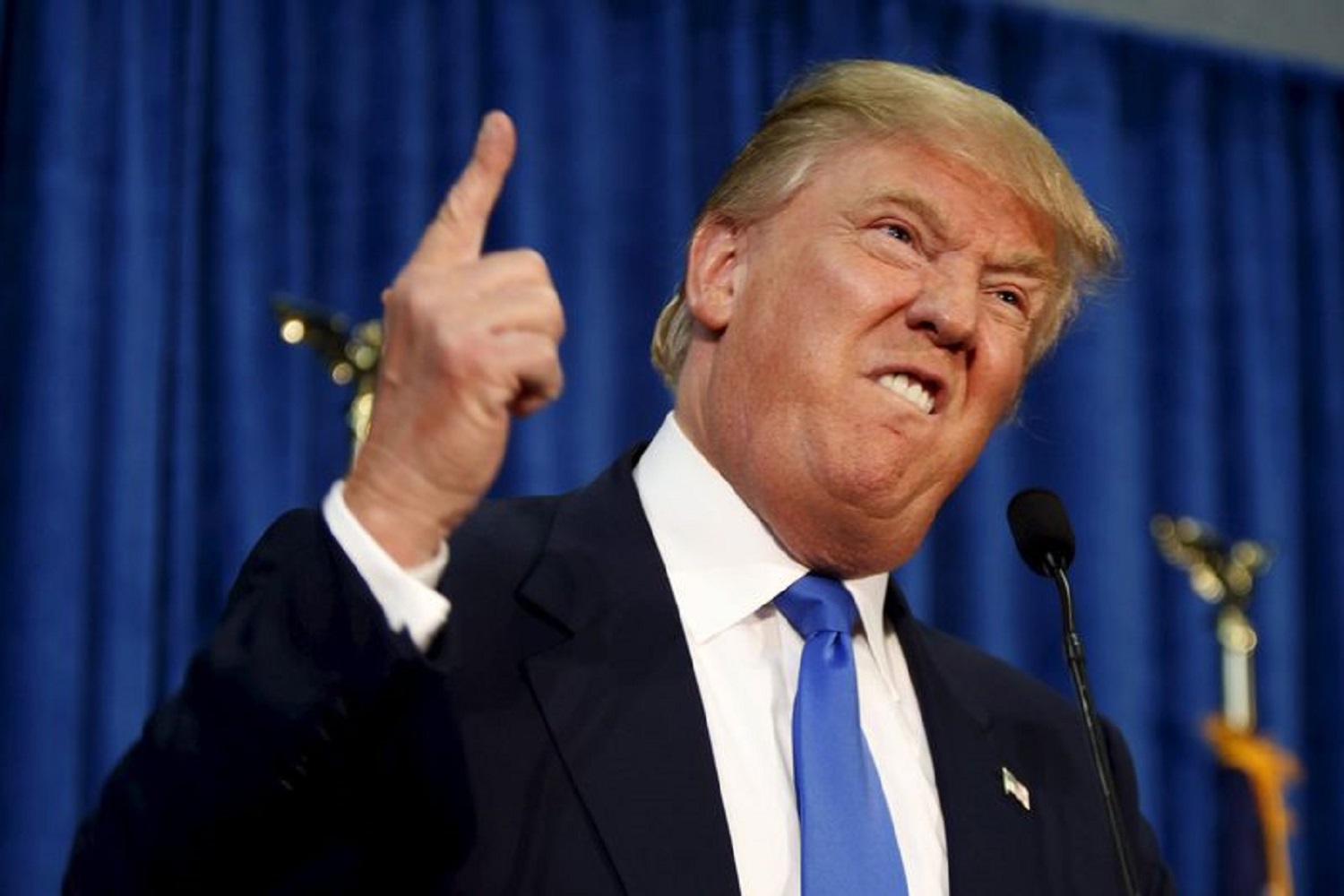The Whack-a-Mole Cover Story: Bill Barr’s Knowing Complicity Moved a Month Earlier
Attentive readers of yesterday’s NYT Bolton story have noted that Bolton says that by August, Trump’s demand in the quid pro quo was not just the announcement of an investigation, but “all materials they had about the Russia Investigation that related to Mr. Biden and supporters of Mrs. Clinton in Ukraine.”
In his August 2019 discussion with Mr. Bolton, the president appeared focused on the theories Mr. Giuliani had shared with him, replying to Mr. Bolton’s question that he preferred sending no assistance to Ukraine until officials had turned over all materials they had about the Russia investigation that related to Mr. Biden and supporters of Mrs. Clinton in Ukraine.
That is, in August of last year, Trump was extorting Ukraine to obtain materials about 2016.
Some have suggested this is new news. But it’s not. It came up at Mick Mulvaney’s October 17, 2019 press conference. As he told it, the hold was primarily because of corruption and to press the rest of Europe to provide their fair share of funding for Ukraine. Mulvaney made a statement that — given that we now know DOD reviewed how much Europe provided and concluded they were providing more than the US — is fairly breathtaking in retrospect. Mulvaney gets away with this by claiming it’s just about lethal aid.
So we actually looked at that, during that time, before — when we cut the money off, before the money actually flowed, because the money flowed by the end of the fiscal year — we actually did an analysis of what other countries were doing in terms of supporting Ukraine. And what we found out was that — and I can’t remember if it’s zero or near zero dollars from any European countries for lethal aid. And you’ve heard the President say this: that we give them tanks and other countries give them pillows. That’s absolutely right, that the — as vocal as the Europeans are about supporting Ukraine, they are really, really stingy when it comes to lethal aid. And they weren’t helping Ukraine, and then still to this day are not.
From those two excuses — corruption and European support — Mulvaney then adds, as what he probably intends to be a throwaway comment, that part of this was investigating the DNC server, all the while trying to pretend that an investigation into the DNC server (he can never seem to label this the Crowdstrike conspiracy theory) pertains to corruption.
Did he also mention to me in pass the corruption related to the DNC server? Absolutely. No question about that. But that’s it. And that’s why we held up the money.
Now, there was a report —
Q So the demand for an investigation into the Democrats was part of the reason that he ordered to withhold funding to Ukraine?
MR. MULVANEY: The look back to what happened in 2016 —
Q The investigation into Democrats.
MR. MULVANEY: — certainly was part of the thing that he was worried about in corruption with that nation. And that is absolutely appropriate.
[snip]
Did he also mention to me in pass the corruption related to the DNC server? Absolutely. No question about that. But that’s it. And that’s why we held up the money.
Now, there was a report —
Q So the demand for an investigation into the Democrats was part of the reason that he ordered to withhold funding to Ukraine?
MR. MULVANEY: The look back to what happened in 2016 —
Q The investigation into Democrats.
MR. MULVANEY: — certainly was part of the thing that he was worried about in corruption with that nation. And that is absolutely appropriate.
Someone latches on to Mulvaney’s admission that Trump was demanding an investigation into his opponents, and raises “the Bidens.” Someone else notes that even if you’re just talking about the DNC, it still means Trump engaged in a quid pro quo to investigate his prospective opponents, since the DNC is also involved in 2020.
Q Mr. Mulvaney, what about the Bidens, though, Mr. Mulvaney? Did that come into consideration when that money was held up?
MR. MULVANEY: I’m sorry, I don’t know your name, but he’s being very rude. So go ahead and ask your question.
Q Just to clarify, and just to follow up on that question: So, when you’re saying that politics is going to be involved —
MR. MULVANEY: Yeah.
Q — the question here is not just about political decisions about how you want to run the government. This is about investigating political opponents. Are you saying that —
MR. MULVANEY: No. The DNC — the DNC server —
[snip]
Q Are you saying that it’s okay for the U.S. government to hold up aid and require a foreign government to investigate political opponents of the President?
MR. MULVANEY: Now, you’re talking about looking forward to the next election. We’re talking —
Q Even the DNC. The DNC is still involved in this next election. Is that not correct?
Mulvaney starts to panic, and to get out of that panic, invokes the Durham investigation. To defer from 2020, Mulvaney says Trump was just obtaining information for an ongoing investigation.
MR. MULVANEY: So, wait a second. So there’s —
Q So are you saying —
MR. MULVANEY: Hold on a second. No, let me ask you —
Q But you’re asking to investigate the DNC, right?
MR. MULVANEY: So, let’s look at this —
Q Is the DNC political opponents of the President?
MR. MULVANEY: There’s an ongoing — there’s an ongoing investigation by our Department of Justice into the 2016 election. I can’t remember that person’s name.
Q Durham.
MR. MULVANEY: Durham. Durham, okay? That’s an ongoing investigation, right? So you’re saying the President of the United States, the chief law enforcement person, cannot ask somebody to cooperate with an ongoing public investigation into wrongdoing? That’s just bizarre to me that you would think that you can’t do that.
In other words, in Mulvaney’s presser, he excused the political aspect of Trump’s quid pro quo by claiming the President was pressing Ukraine to cooperate in the Durham investigation. He claimed that this wasn’t about Biden but instead about 2016.
Of course, that had to have caused all sorts of heartache over at DOJ, because they had been saying for almost a month that Bill Barr had no clue about any of this and here Mulvaney was saying that the quid pro quo was about the investigation Barr set up and was micromanaging.
After DOJ pushed back, the White House adopted the line that this was about Burisma’s corruption.
To be sure, the impeachment witnesses didn’t always support that. Kurt Volker, for example, invented a story that when he pushed Ukraine to investigate Burisma, he meant they should investigate the corrupt company, not Biden and that the request to investigate 2016. He discounted the request for an investigation into 2016 by suggesting Ukrianians might be trying to buy influence.
SCHIFF: Ambassador, let me also ask you about the allegations against Joe Biden, because that has been a continuing refrain from some of my colleagues, as well. Why was it you found the allegations against Joe Biden, related to his son or Burisma, not to be believed?
VOLKER: Simply because I’ve known Vice President — former Vice President Biden for a long time, I know how he respects his duties of higher office and it’s just not credible to me that a Vice President of the United States is going to do anything other than act as how he sees best for the national interest.
[snip]
SCHIFF: I take it since you say that — you acknowledge that asking for an investigation of the Bidens would have been unacceptable and objectionable, that had the President asked you to get Ukraine to investigate the Bidens, you would have told him so?
VOLKER: I would have objected to that. Yes, sir.
SCHIFF: Mr. Goldman?
GOLDMAN: Thank you, Mr. Chairman. Just one follow up on that, Ambassador Volker. When — when you say thread the needle, you’re — you mean that you understood the relationship between Vice President Biden’s son on — and Burisma but you were trying to separate the two of them in your mind? Is that right?
VOLKER: Well I believe that they were separate, that — and I — this references the conversation I had with Mr. Giuliani as well, where I think the allegations against Vice President Biden are self-serving and not credible.
A separate question is whether it is appropriate for Ukraine to investigate possible corruption of Ukrainians that may have tried to corrupt things or buy influence. To me, they are very different things. As I said, I think the former is unacceptable, I think the latter in this case is …
[snip]
GOLDMAN: Now he was insisting from a public commitment from President Zelensky to do these investigations, correct?
VOLKER: Now, what do we mean by these investigations?
GOLDMAN: Burisma and the 2016 election.
VOLKER: Burisma and 2016, yes.
GOLDMAN: And, at the time that you were engaged in coordinating for this statement, did you find it unusual that there was such an emphasis on a public statement from President Zelensky to carry out the investigations that the president was seeking?
VOLKER: I didn’t find it that unusual. I think when you’re dealing with a situation where, I believe the president was highly skeptical about President Zelensky being committed to really changing Ukraine after this entirely negative view of the country, that he would want to hear something more from President Zelensky to be convinced that — OK, I’ll give this guy a chance.
GOLDMAN: And he — perhaps he also wanted a public statement because it would lock President Zelensky in to do these investigations that he thought might benefit him?
VOLKER: Well again, we’re — when we say these investigations what I understood us to be talking about was Ukrainian corruption.
GOLDMAN: Well, what we’re talking about is Burisma and the 2016 election, let’s just —
VOLKER: Correct, correct — yes, right.
[snip]
VOLKER: I do remember having seen some of the testimony of Mr. Kent, a conversation in which he had asked me about the conspiracy theories that were out there in Ukraine. I don’t remember what the date of this conversation was.
And my view was, well, if there are things like that, then why not investigate them? I don’t believe that there’s anything to them. If there is — 2016 election interference is what I was thinking of — we would want to know about that. But I didn’t really there was — believe there was anything there to begin with.
It was a thin story, but necessary to explain why Volker did something he knew to be utterly corrupt, and then got caught doing it. While not explicitly, he was endorsing the possibility that Ukraine might have had a corrupt role in 2016.
All that said, Bolton’s certainty that Trump was also asking for Ukraine to provide the US with information on 2016 raises the import of this detail: Bolton claims (and DOJ has been releasing conflicting comments since yesterday) that he warned Bill Barr about this shadow Ukraine policy in July.
Mr. Bolton also said that after the president’s July phone call with the president of Ukraine, he raised with Attorney General William P. Barr his concerns about Mr. Giuliani, who was pursuing a shadow Ukraine policy encouraged by the president, and told Mr. Barr that the president had mentioned him on the call. A spokeswoman for Mr. Barr denied that he learned of the call from Mr. Bolton; the Justice Department has said he learned about it only in mid-August.
After releasing an initial denial yesterday, today DOJ has issued a non-denial confirmation.
A Justice Department official familiar with the matter said Mr. Bolton did call Mr. Barr to express concerns about Mr. Giuliani and his shadow foreign policy in Ukraine. It wasn’t clear what, if anything, the attorney general did with that information.
Department spokeswoman Kerri Kupec denied that Mr. Barr learned of the Ukraine call from Mr. Bolton. The department has repeatedly said he learned about it in mid-August.
We don’t know for sure, but the difference in timeline may be utterly critical to Barr’s implication in this conspiracy. For starters, Bolton’s warning to Barr undoubtedly came before Barr stopped into a meeting in September with Rudy Giuliani about the Venezuelan who happened to be funding some of the Ukrainian grift. Bolton’s warning may make DOJ’s efforts to bracket off the Parnas and Fruman investigation, which Barr undoubtedly knew about, from the whistleblower complaint far more suspect.
Most importantly, we don’t know when multiple Ukrainians offered John Durham dirt (much less who they are). But if happened between Bolton’s warning in July and when Barr has previously claimed to have learned that Trump told Zelensky that he, Bill Barr, would happily receive the dirt he was extorting, it would make Durham’s acceptance of that dirt part of the conspiracy itself. That is, it would make Barr’s efforts to use DOJ to investigate Trump’s opponents a key part of both a conspiracy being investigated in SDNY, from which Barr has irresponsibly not recused, as well as an impeachment investigation, from which Barr has also not recused.
Bolton’s certainty that Trump wanted Ukraine to provide materials for a US investigation into Trump’s foes is not at all new. But the fact that Barr should have known he was part of this conspiracy a month earlier than he had previously admitted is.


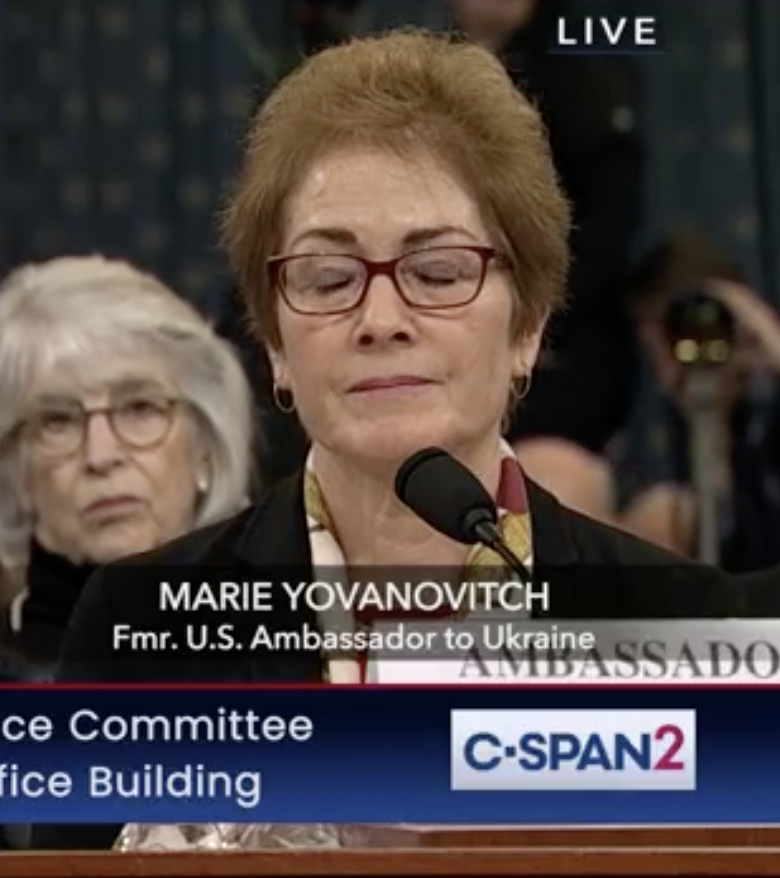
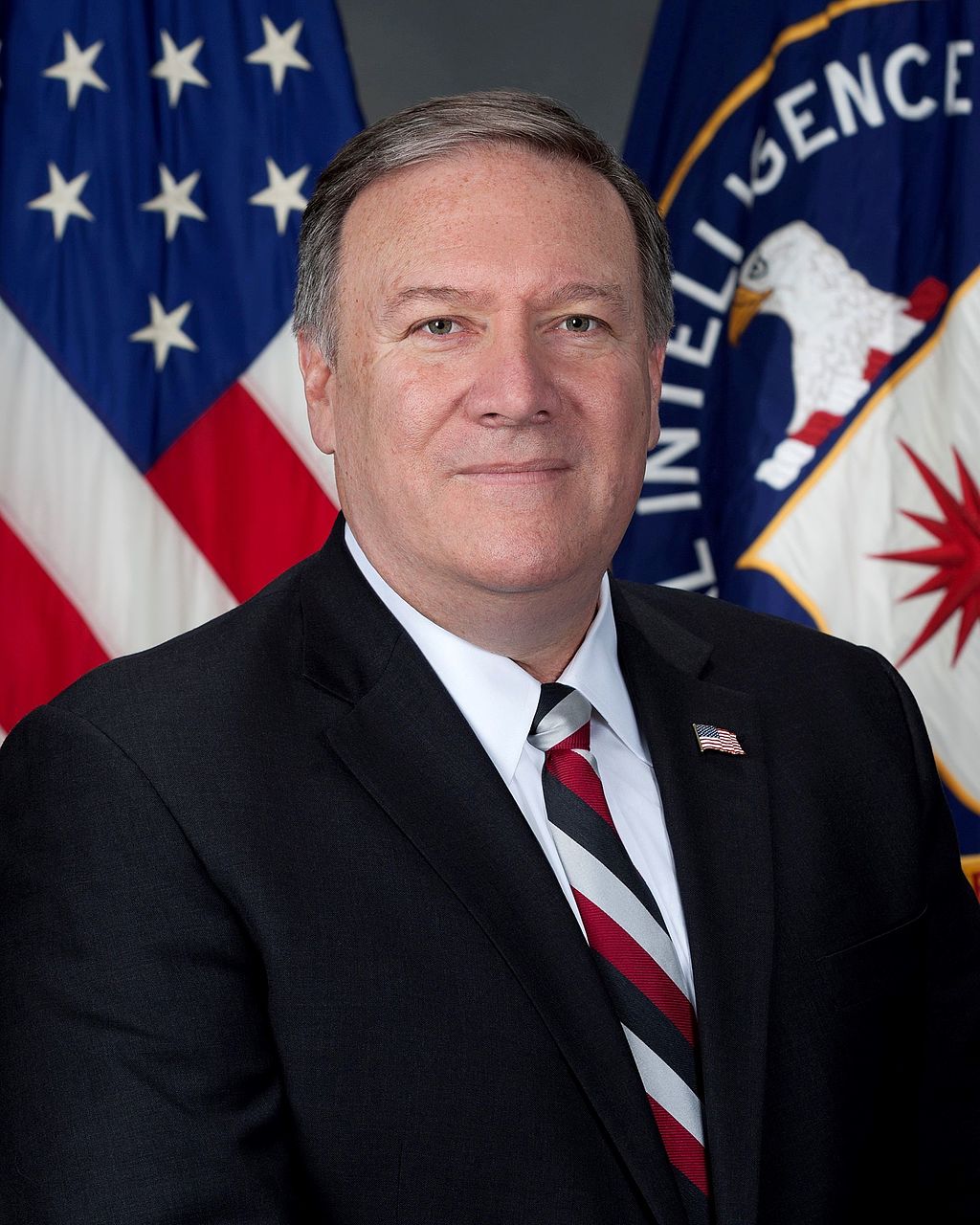
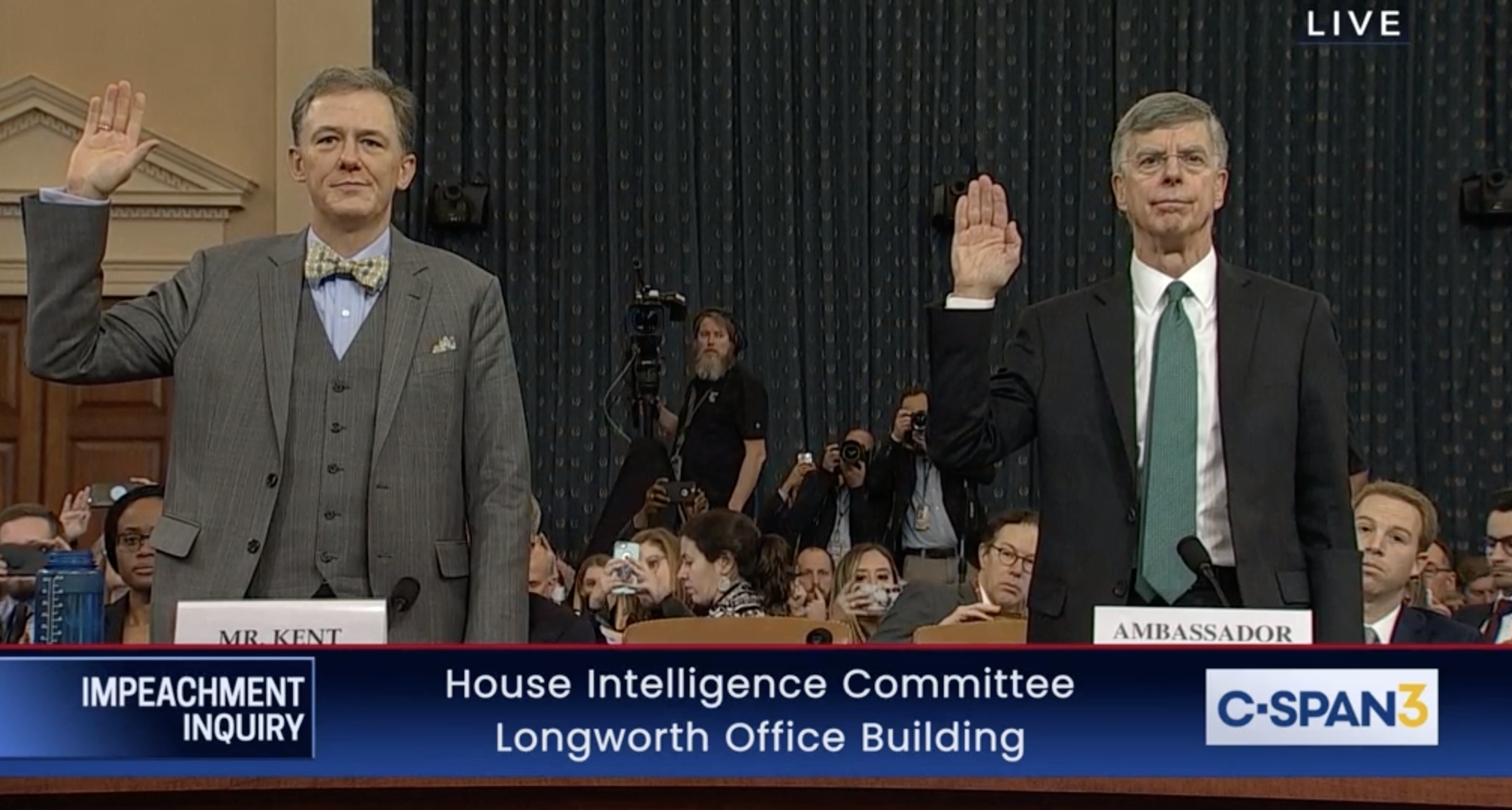
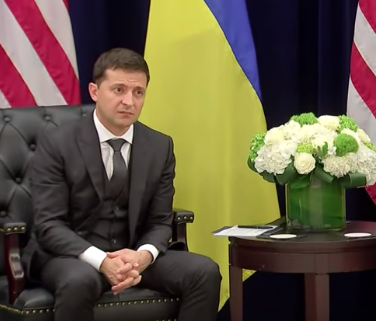

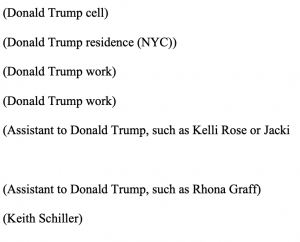
![[Photo: Emily Morter via Unsplash]](https://www.emptywheel.net/wp-content/uploads/2017/08/Question_EmilyMorter-Unsplash.jpg)
